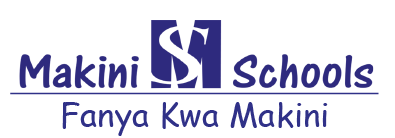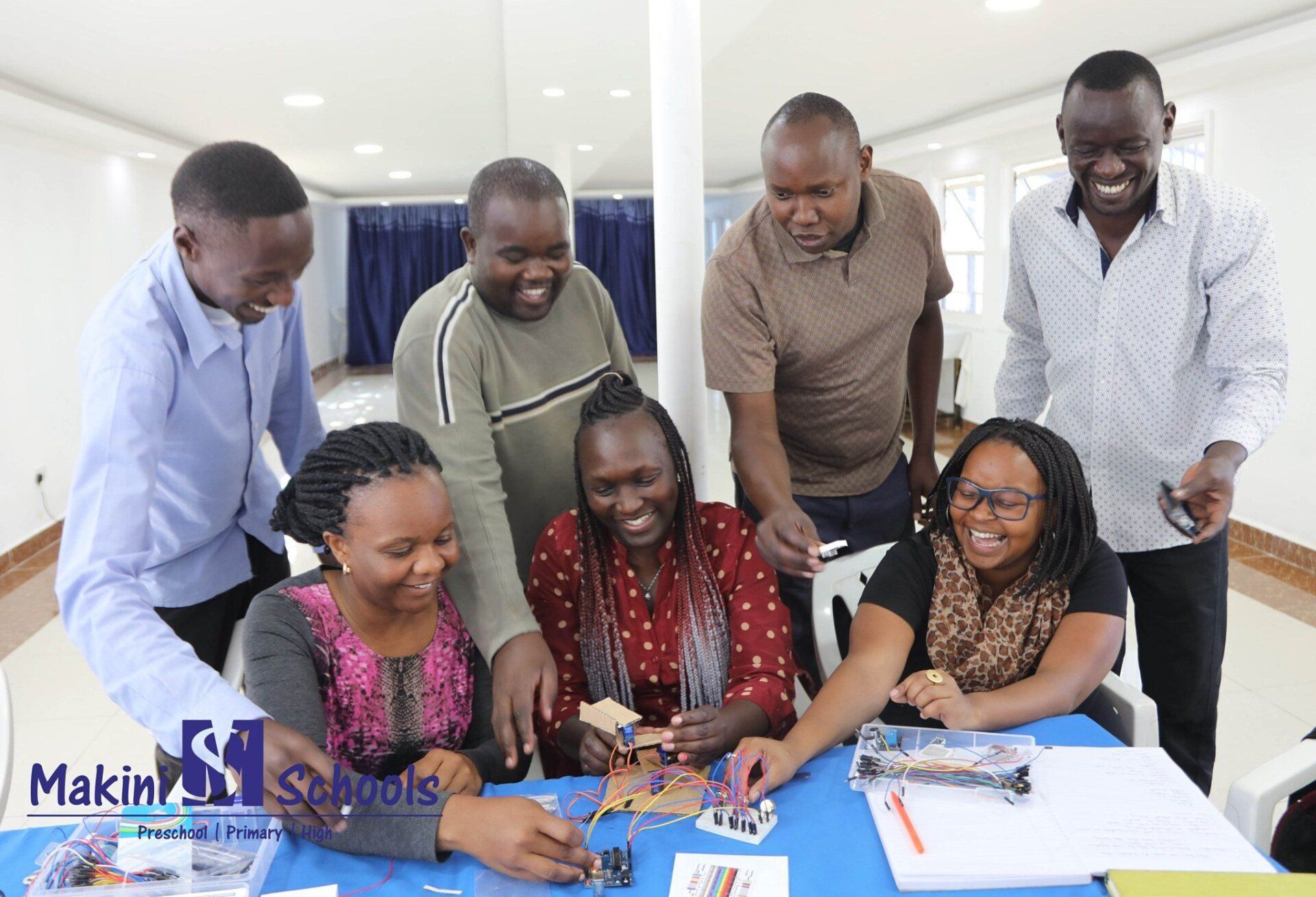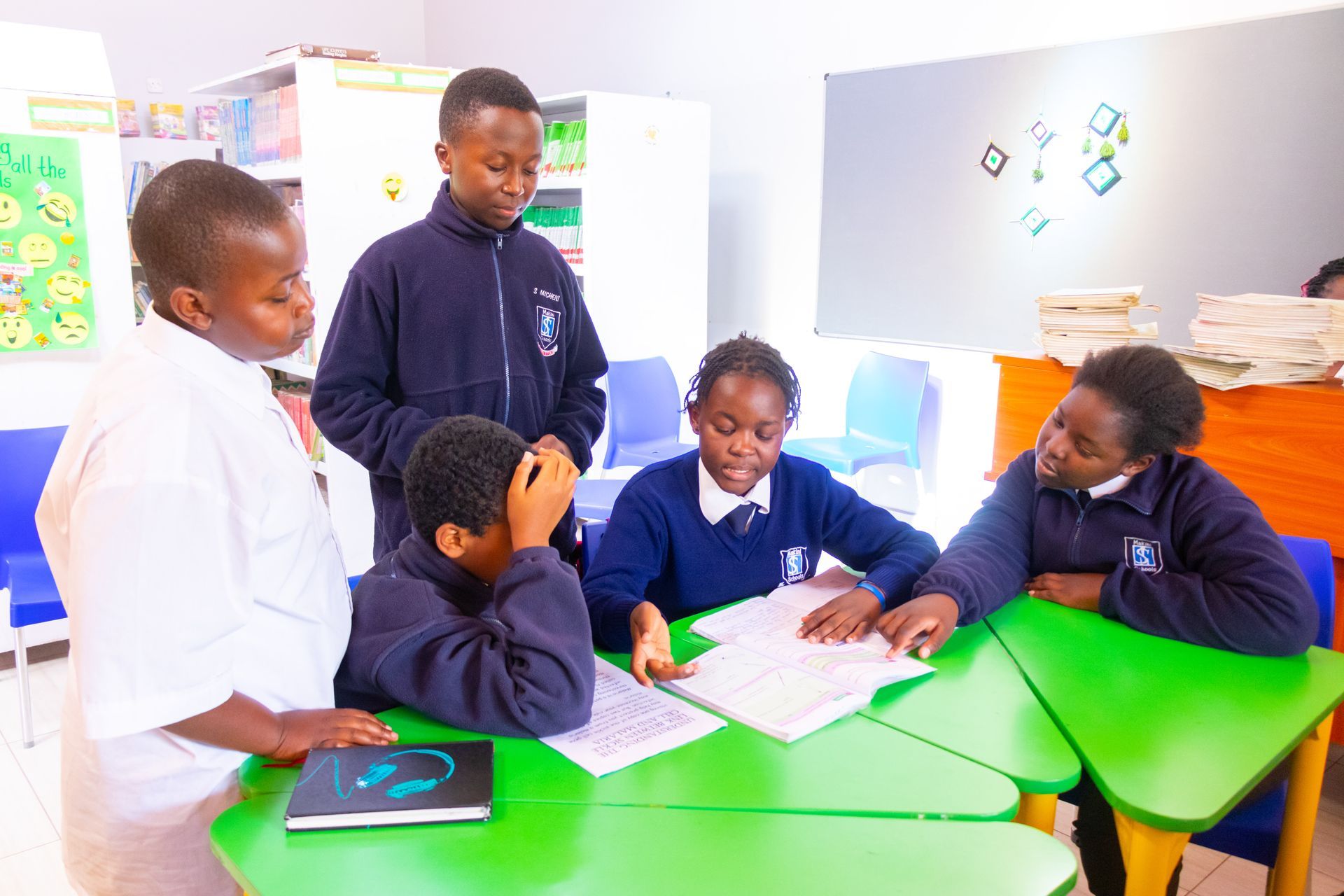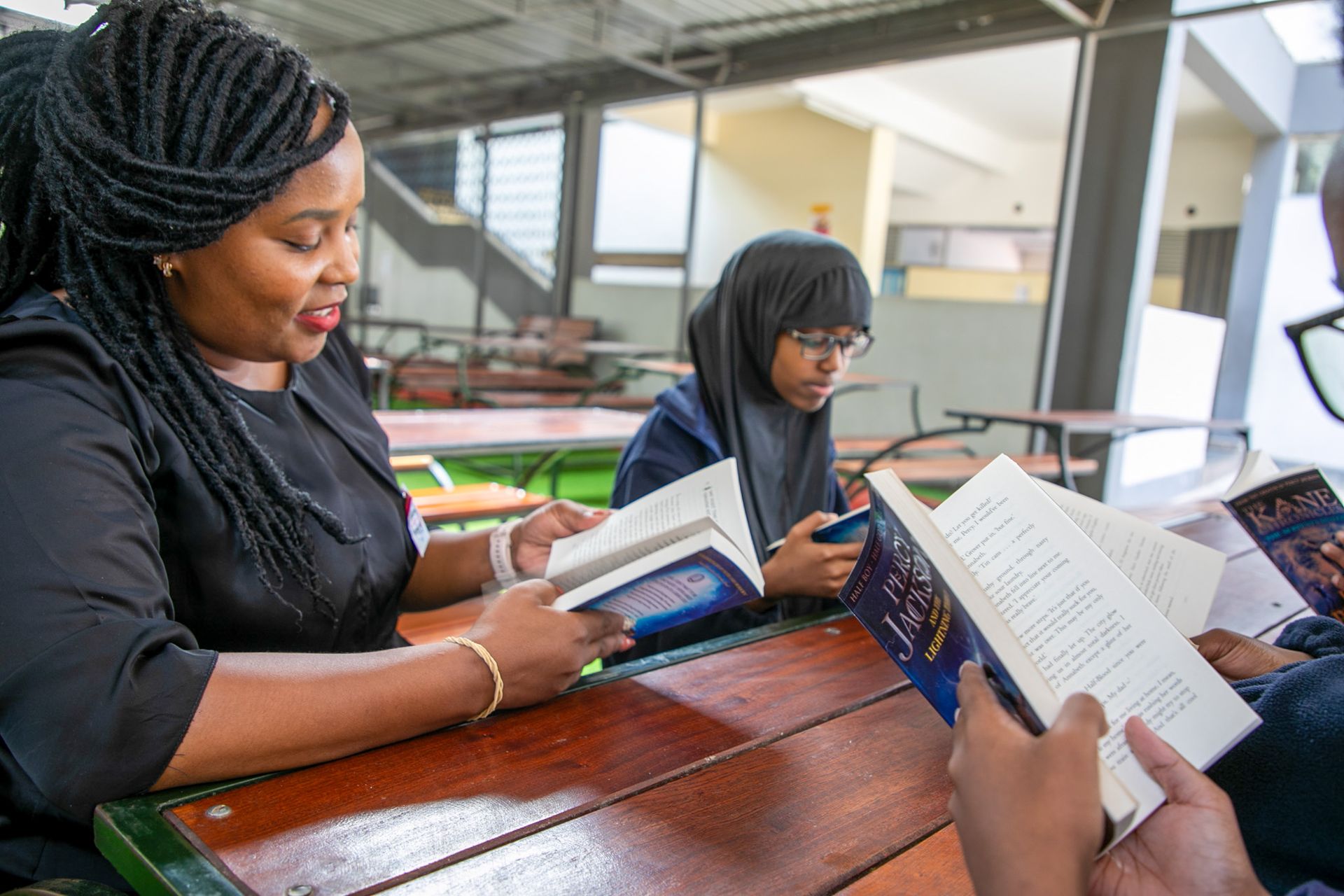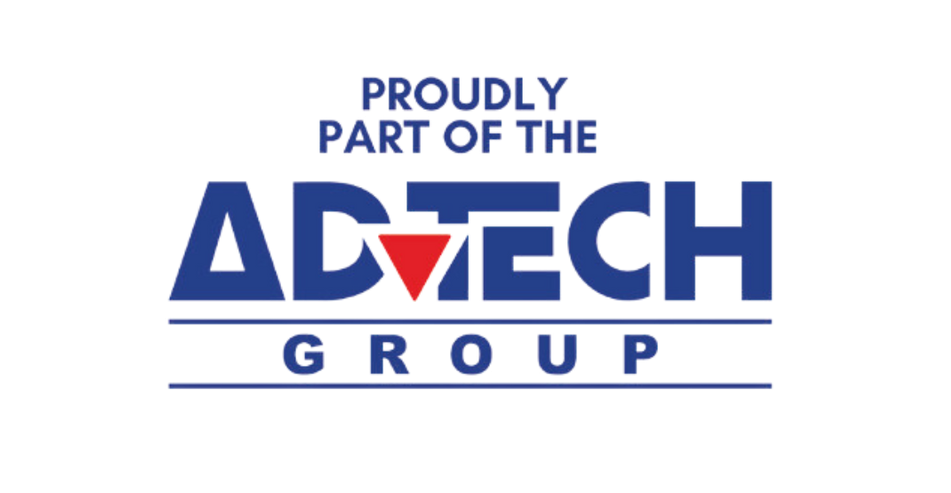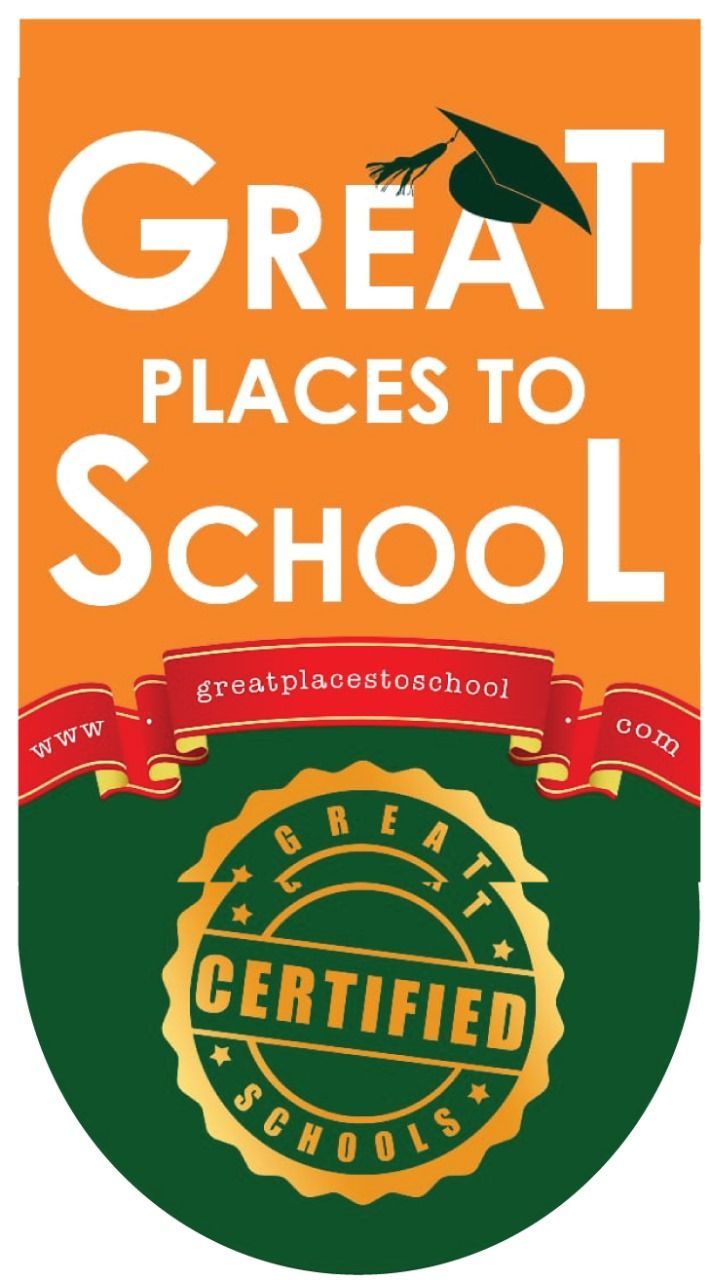The Importance of Extracurricular Activities in Primary Schools
The Importance of Extracurricular Activities in Primary Schools
A well-rounded education is one where learning extends beyond the confines of the classroom. At Makini School we are passionate about engaging our learners in Co-Curriculum activities as they offer a valuable avenue for students to explore their interests and develop new skills.
Co-Curriculum activities in primary schools play a vital role in nurturing holistic development among learners. These activities typically take place before, during or after school hours. They can include sports, clubs, arts and crafts, music, drama, debate, community service and more. When learners partake in these activities, they are given the opportunity to explore their passions, expand their skillsets and build stronger relationships with their peers.
Most schools in Kenya have adopted Co-Curriculum activities as part of their offering and recognise the importance of these in childhood development. At Makini School, we go above and beyond to encourage and support after school activities. We also offer a host of sports and clubs which go above and beyond the ordinary offerings of a school. These include jump rope, modelling, elite swimming, international sports trips, drama, music festivals, environmental activities, CSR and many more. We are passionate about creating an environment for our learners to enjoy and pride ourselves on the high standards of these activities.
Our Makini Ngong Road Campus offers a haven of activities that range from a variety of sports at all levels to trips, clubs, music and drama festivals, composition and insha writing, road shows, community work and concerts. The school also provides opportunities for private tuition in music and dance including ballet, piano, guitar, recorder, violin and voice lessons. Through extracurricular involvement, learners at all our campuses are given the opportunity to explore their interests, develop their talents and cultivate a sense of belonging and camaraderie.
Makini School learners are spoilt for choice when it comes to choosing a co-curricular activity. Fun-packed and fully engaging, these activities include swimming, chess, soccer, basketball, tennis, reading clubs, Scouts and Brownies movement, French club, young engineers, maths olympiad, martial arts, music, drama and a whole lot more. We also offer cultural visits to galleries, museums and concerts.
What are the benefits of Co-Curriculum activities?
1. Social development: Co-Curriculum provide a platform for learners to interact with their peers beyond the confines of the traditional classroom setting. By participating in these collaborative activities, learners acquire important social skills like teamwork, communication and cooperation. They also foster a sense of belonging and assist learners in developing strong, lifelong friendships.
2. Cognitive development: Problem-solving skills, critical thinking and creativity are cognitive skills that are enhanced when learners participate in Co-Curriculum activities. Learners begin to expand their thinking, explore different perspectives and express themselves across a host of mediums. Effective communication is a skill that can be learned by getting involved in debate clubs. Music and art allows learners to express themselves and develop their creativity.
3. Physical health: In today’s day and age, many people lead sedentary lifestyles. This makes it even more important to encourage children to take part in the Co-Curriculum activities offered by schools. Physical exercise is vitally important to maintain a healthy lifestyle. Sports and outdoor activities promote fitness, but they also instill discipline, perseverance, resilience and cooperation. When learners join a sport’s team, they learn the value of hard work and more importantly, they maintain a healthy body and mind.
4. Personal skills: Co-Curriculum activities empower learners in various ways. They get the chance to take on leaderships roles and enhance essential life skills. Learners are given the opportunity to organise events, manage clubs and empower themselves. These invaluable experiences build confidence, resilience and a sense of personal pride. They also prepare students for any challenges and opportunities the future might hold.
At Makini School we strive to offer our learners a wide range of Co-Curriculum activities of the highest quality. By encouraging our children to partake, we are able to help them build a wide set of skills that will help them succeed in their future endeavours.
